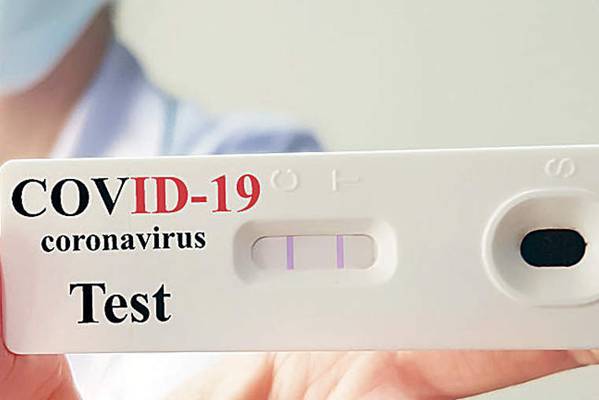Following a grant application made to the World Health Organization by Professor Neelika Malavige and Dr. Chandima Jeewandara, the WHO has agreed to grant Sri Lanka a sum of US.$ 200,000 and 200,000 Rapid Antigen Testing kits, to evaluate the use of RATS and what environments it can be used in, health officials told Daily Mirror yesterday.
As PCR testing kits cost countries such as Sri Lanka a high price, a team of experts led by Professor Neelika and Dr. Chandima will now carry out research using these testing kits on how best it would be able to use the RATS versus PCRS. Presently Sri Lanka is carrying out 15,000 PCR tests per day and 5000 RATS daily which is costing the state heavily. However officials now want to research if the number of RATS can be increased.“The WHO also wants to evaluate a lot of these antigen tests, in different settings. Sri Lanka carries out about 15,000 PCR tests per day and only about 5000 rapid antigen tests. But for a country like Sri Lanka, PCRS are extremely expensive. We need to evaluate to see if countries can now use more rapid antigen tests and if so in what settings they can be used, because PCR also picks up dead cells, sometimes,” a senior health official said.“So we will use these antigen tests to evaluate its usefulness versus PCR and its sensitivity and make decisions about quarantining, treatment, and controlling COVID-19 outbreaks,” the official added. The RATS will be arriving in Sri Lanka in consignments over a period of nine months. While only about 20,000 testing kits will be needed for the study, the remaining Rapid Antigen Testing kits will be handed over to the Health Ministry as testing continues across the country amidst the third wave of the COVID-19 pandemic.
In addition to the RATS, a sum of 200,000 US dollars has also been granted to these two experts to conduct research on the new COVID-19 variants and come up with their expertise. (Daily Mirror)

